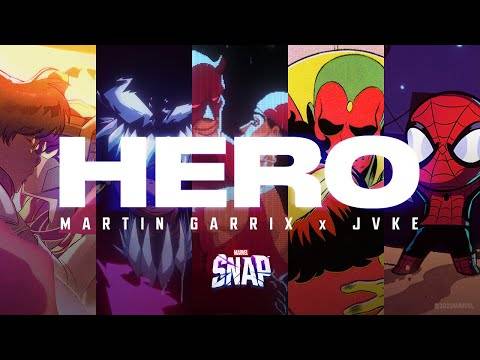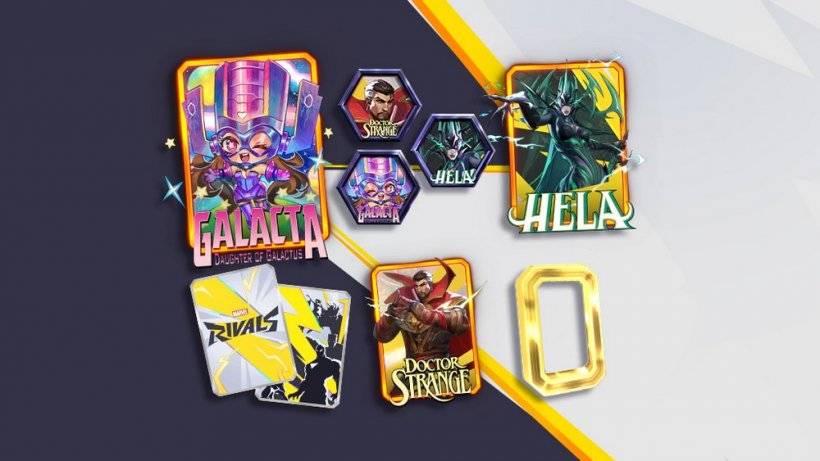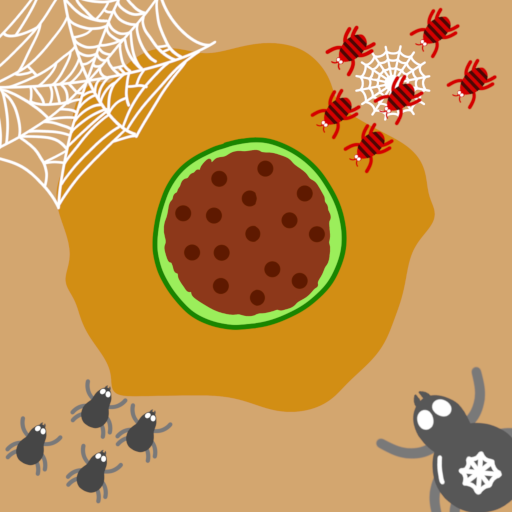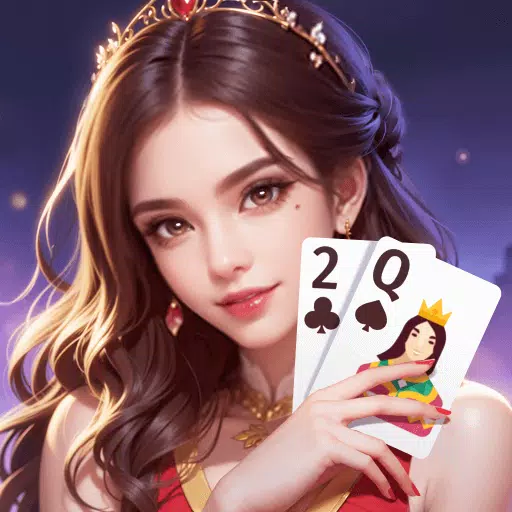TikTok's weekend ban dominated headlines, but the fallout extended beyond the social media platform. Several top-tier releases, including Marvel Snap, were also pulled, leaving developer Second Dinner scrambling for answers. This incident highlights the potential risks of becoming entangled in geopolitical maneuvering.
The TikTok ban, anticipated following a congressional act labeling it a foreign adversary-controlled application, went into effect Sunday. While President-elect Trump's swift intervention restored TikTok's service, other ByteDance applications haven't been so lucky.
Marvel Snap, a popular card battler, was abruptly pulled alongside other ByteDance subsidiary releases like Mobile Legends: Bang Bang. The message from ByteDance was clear: an all-or-nothing approach to its app presence in the US.
Adding insult to injury, Second Dinner, Marvel Snap's developer, reportedly received no prior warning. They've since pledged in-game rewards to compensate players for the disruption. While unlikely to sever ties with ByteDance, this incident likely eroded their confidence. The incident underscores the perceived prioritization of ByteDance's social media empire over its gaming ventures.

ByteDance's strategy appears calculated. The TikTok ban and its subsequent restoration, presented as a Trump-led rescue, generated significant attention. This strategy, however, inadvertently ensnared its gaming releases, leaving developers like Second Dinner to manage the fallout.
This isn't the first time ByteDance has prioritized social media over gaming. In 2023, significant layoffs within its gaming division resulted in numerous project cancellations. While Marvel Snap initially suggested a shift towards partnerships, this recent event casts doubt on that strategy's reliability. Potential partners may now hesitate to collaborate, fearing similar disruptions.

Disney, having recently benefited from the release of NetEase's Marvel Rivals, may also be reconsidering its relationship with ByteDance. The incident could impact future collaborations, given the unpredictability of ByteDance's actions.

The implications extend beyond ByteDance. Tencent, NetEase, and other Chinese gaming companies could face similar scrutiny. The FTC's actions against MiHoYo demonstrate the growing regulatory pressure on the gaming industry.
The Marvel Snap incident highlighted the vulnerability of gaming to political pressures. Many initially unconcerned about the TikTok ban became acutely aware of the issue when their favorite game was removed. ByteDance's gamble, while successful in restoring TikTok, created a dangerous precedent. The future of gaming could be jeopardized by the whims of political agendas, potentially leading to widespread discontent among players.






